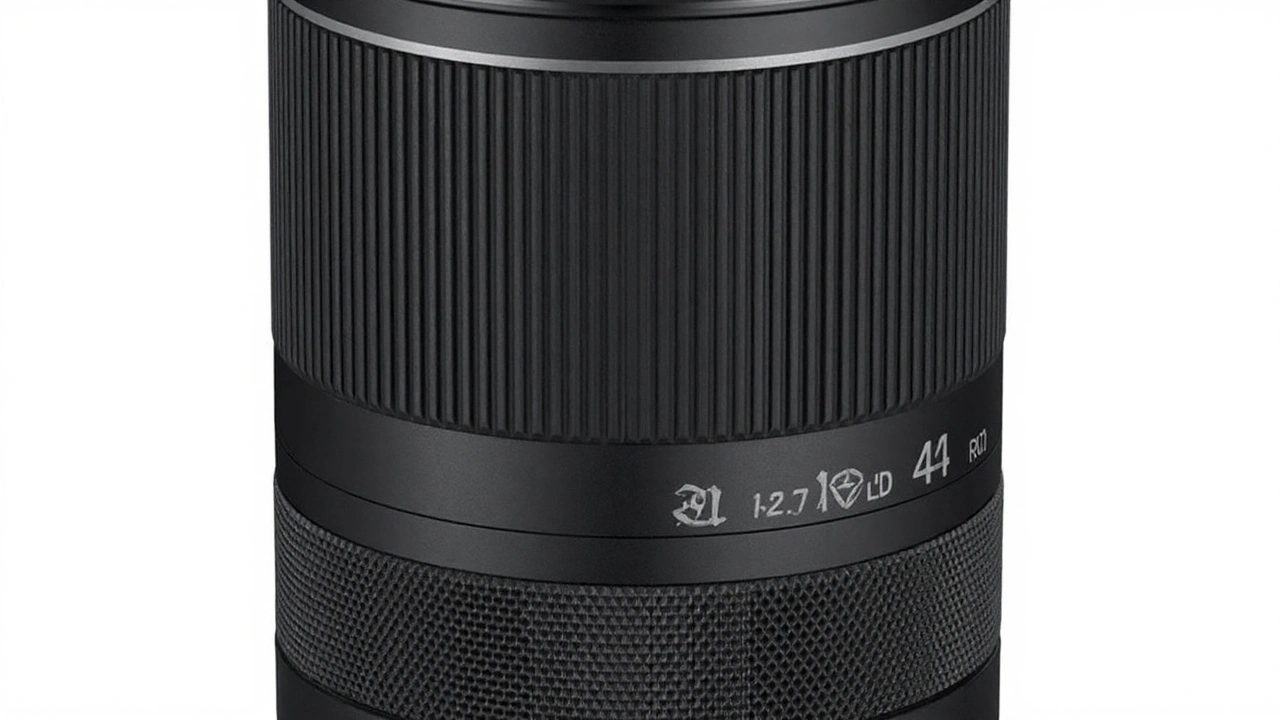F-16 Deal Insights: What the Latest News Means for South Africa
If you’ve been following defence headlines, the F-16 deal is the story everyone’s talking about. South Africa’s government is looking at buying new fighter jets to replace ageing aircraft, and the F-16 has become the front‑runner. In this guide we break down what the deal could involve, why it’s important, and what you should keep an eye on.
Why the F-16 is on the table
South Africa’s current fleet of Gripen jets is aging fast, and spare parts are getting harder to find. The F-16, built by Lock‑Lock, offers a modern radar, better range, and proven combat performance. That makes it a solid choice for a country that needs to patrol its airspace and protect critical infrastructure.
Another reason is cost. Compared with brand‑new Eurofighter or Rafale models, a well‑negotiated F-16 package can be cheaper while still delivering the same mission‑ready capabilities. The government is also looking at a ‘whole‑life’ deal that includes training, maintenance, and spare parts – that way the jets stay operational for decades.
What the numbers look like
The exact price hasn’t been released, but analysts estimate a mid‑single‑digit‑billion‑rand package for around 12‑16 aircraft, plus support. That includes pilot conversion courses, ground crew training, and a supply chain for spares. Some reports suggest a financing plan that spreads payments over 10‑15 years, which helps keep the immediate budget impact lower.
Beyond the jets themselves, the deal could bring upgraded weapons like the AIM‑120 AMRAAM missile and modern targeting pods. Those upgrades boost the F-16’s ability to strike both air and ground targets, giving South Africa a more flexible defence posture.
What does this mean for ordinary South Africans? A stronger air force can deter illegal activities like smuggling and piracy, and it also signals that the country is investing in its security. It may also create jobs in local maintenance facilities and training schools, giving a modest boost to the economy.
Critics argue the money could be better spent on social programs. That debate is real, and you’ll hear it on talk shows and in parliament. The government says the deal is about long‑term security and that the cost‑share with partners will keep the fiscal hit manageable.
So where does the deal stand now? As of the latest reports, the defence ministry has sent a formal request for proposals to a few manufacturers, and talks with the US are ongoing. A final decision could come later this year, depending on budget approvals and political backing.
Stay tuned to Local Morning Star News for breaking updates on the F-16 deal, analysis of how it affects South Africa’s defence strategy, and what the next steps will be. We’ll keep you posted on any new numbers, contract signs, or shifts in policy.
F-35 and F-16 Back on the Table as Trump Hosts Erdogan at the White House
Donald Trump will host Turkish President Recep Tayyip Erdogan at the White House on Sept. 25, 2025. The agenda includes the F-35 dispute, a potential F-16 package, and big-ticket Boeing purchases. Ankara also wants progress on engines for its KAAN fighter and other defense projects. The visit follows UNGA week and comes amid sharp differences over Gaza policy.
Julian Parsons | Sep, 20 2025 Read More
